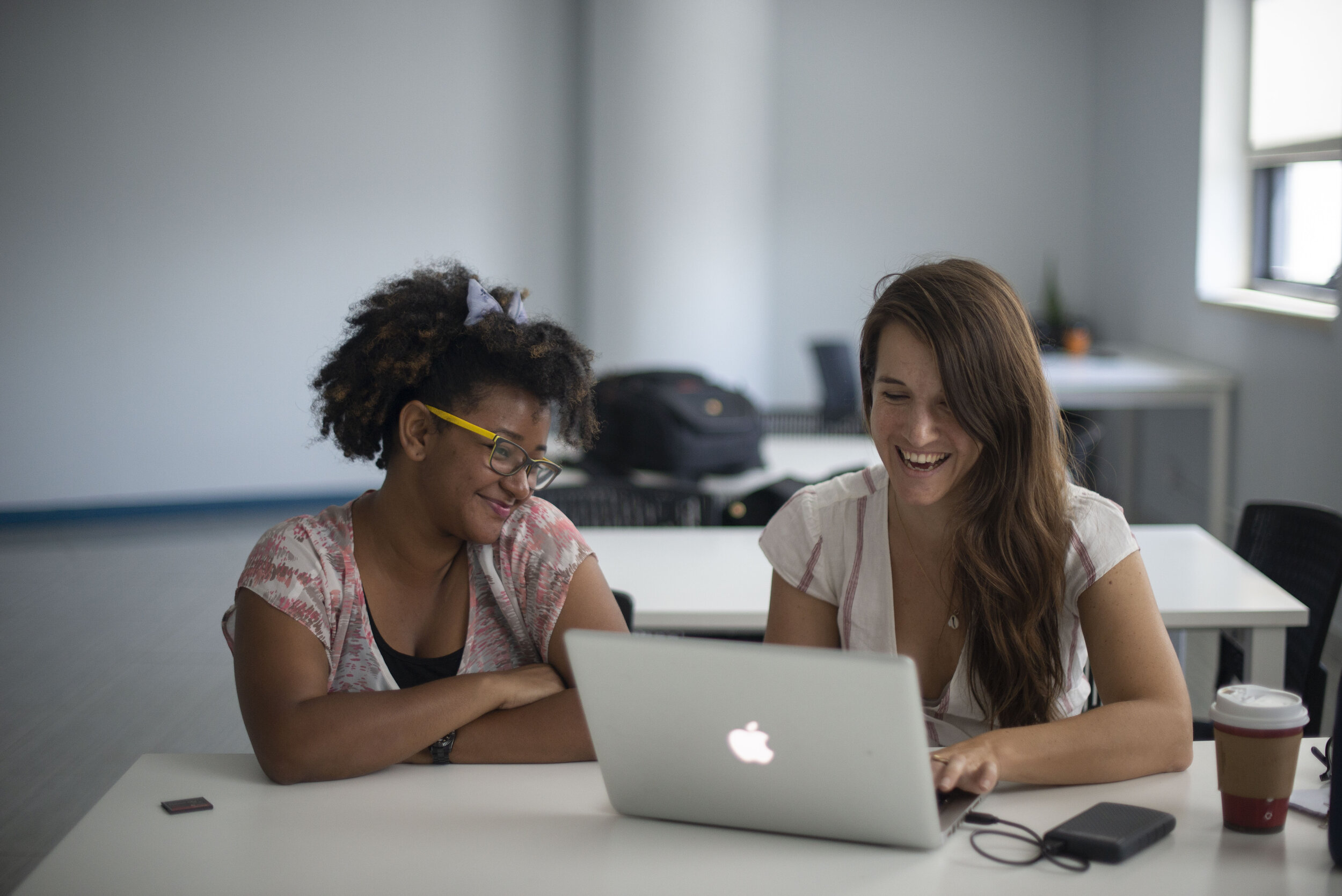
Nichole Sobecki and a student during Foundry 2019 in Kigali. ©Sofie Hecht
Classes
Our courses.
Our classes are designed to improve your photography and visual journalism skills no matter your skill level. This year, most courses combine classroom lessons and discussions with assignments or a project to get you out in the streets of Kathmandu.
James Whitlow Delano: Documentary Visual Storytelling
The challenge for every photographer is to find your own path and develop your own unique way of visual storytelling; in short, to produce one-of-a-kind work that illuminates your subject, through a powerful and authentic personal vision. In this workshop, James Whitlow Delano will offer personalized instruction on how to create a project and bring it to fruition. Participants will propose a story idea, or conceptual idea of related images, go out and shoot daily, receive daily critiques and editing advice one-on-one as well as through class discussions. Think about your story idea before you arrive and do some research, so you’ll have some sense of the issue before arriving.
In this workshop James will focus on building concrete strategies towards developing your ideas, deepening themes, and establishing an ongoing visual dialogue with your subject. Also, to work on a global level, photographers need to develop new survival and technical skills and understand current trends in international journalism. He will discuss global trends in the industry, share personal projects and back-stories behind the making of a photo essay, and the challenge of full immersion in diverse places and cultures. The emphasis will be on strategies for creating photo essays that stand apart from the masses of images bombarding viewers every day. Your documentary style can be instantly recognizable.
Daniel Schwartz: On One’s Own–Authorship and Bookmaking
This workshop emphasizes authorship and the way in which photography expresses individual experiences, ideas and notions. “On one’s own” can mean “alone” or “unaided”, “forlorn” but also “independent.’“ It can define an achievement as based on one’s own authority, behalf, cost, initiative, responsibility or terms, or a project pursued on one’s own ground, i.e. in a familiar place, situation or terrain.
Such emotions and conditions are the daily life of a photographer as she or he struggles in the face of obstacles or the structural constraints of a volatile media industry.
In moments of seeming abandonment, mental exhaustion or apparent hardship, the idea of a book can promise an anchor. As an objective, it forces you to look at your work from a critical distance and to submit it to others’ eyes. Whilst doing this, the secret, however, is to gain an outside perspective onto one’s own work. This workshop will try to unlock this secret while it makes you aware of the importance to marry authorship and advice from others with experience in making books.
Participants are expected to bring existing bodies of work or work in progress, photocopies or prints of the images considered for a book, flat-plan sketches and drafts of book dummies or maquettes (a requirement), graphic materials like (cardboard, glue, ruler, etc.). During the workshop you will spend time moving pictures around on cardboard spreads on the desk and floor rather than by scrolling through InDesign files, and by studying and discussing selected books and exhibition catalogues.